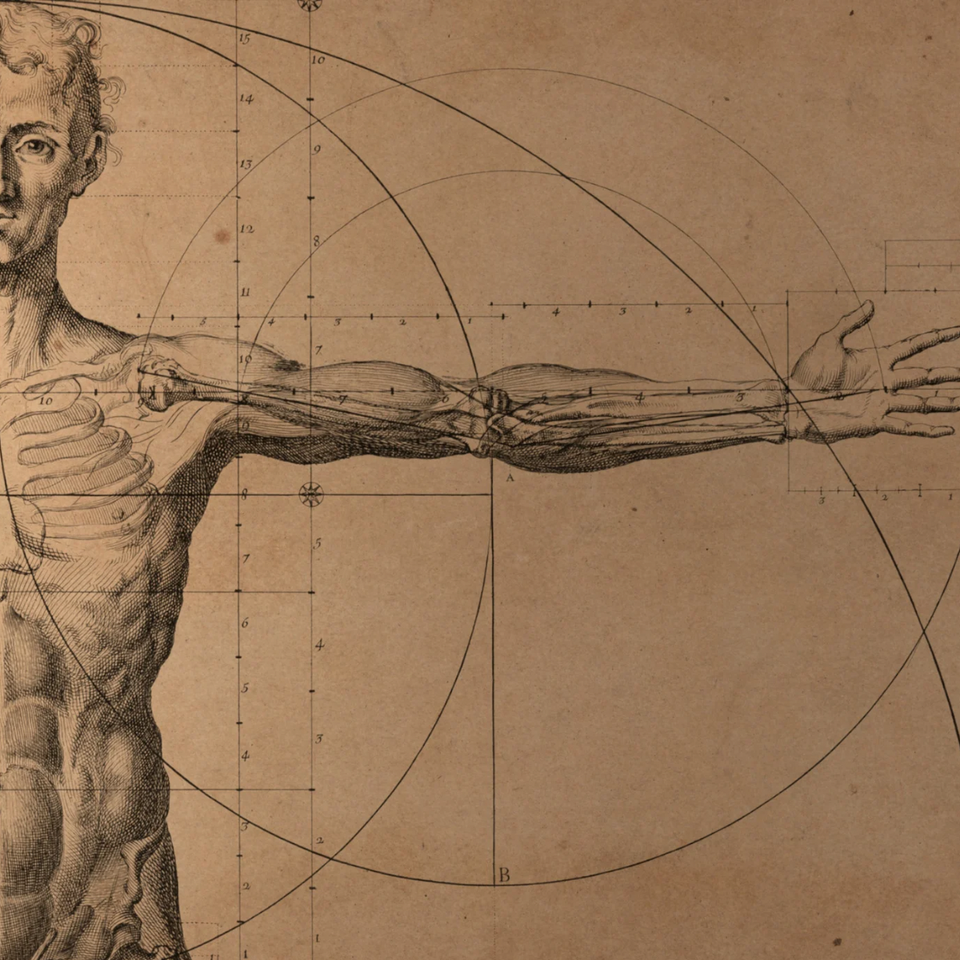Most people don’t hallucinate at work. Why you still need people.

In May 2024, Klarna’s CEO proudly announced that the company had replaced 700 full-time workers with a generative AI assistant trained on OpenAI’s tools. The AI was now handling customer service, marketing, and even product copy. It worked fast. It reduced costs. And according to Klarna, it performed “on par or better” than the humans it replaced.
It sounded like a glimpse of the future. But within weeks, the company began quietly walking some of it back.
Customers complained. Brand tone suffered. The bots couldn’t handle nuance. And Klarna, like so many others, learned the hard way that automating human jobs isn’t as clean or cost-free as it looks on a slide deck.
The AI takeover story: just because you can replace a human doesn’t mean you should.
The illusion of total efficiency
AI is remarkable at scaling answers to predictable problems. But real work often lives in the unpredictable. What Klarna found was that when a customer became angry, or when a brand decision required judgment, the AI slipped.
Human agents, it turned out, were better at making people feel heard. They could adapt, defuse, redirect. They could improvise. That ability to connect, especially under stress, isn’t something large language models do well.
So even companies that automate aggressively often find themselves rebuilding the human layer after the fact. Because people notice when the warmth disappears.
Why empathy isn’t optional
We don’t just work with each other, we interpret each other. That emotional intelligence is what helps a marketer shift a message mid-meeting. It’s what makes a recruiter understand when someone’s nervous. It’s what gives a leader presence in the room.
That subtle, unspoken intelligence is still off-limits to today’s AI. Bots can detect sentiment. But they don’t feel it. That gap matters.
In customer experience, it’s the difference between solving a ticket and saving a relationship. In marketing, it’s what keeps your brand voice human instead of mechanical. And in leadership, it’s what earns trust.
Creativity doesn’t follow patterns
AI excels at remixing. It can draft. It can analyze. But it can’t invent culture. It can’t think in metaphors, or challenge the premise, or draw two unrelated ideas into something original.
Humans are wired for that. We don’t just solve problems, we change the shape of the problem itself. That’s where innovation starts, not with the right answer, but with the unexpected question.
Which means that as more companies automate delivery and execution, the real differentiator becomes imagination. The business of ideas still belongs to people.
Most people don’t hallucinate at work
But AI hallucinates. It gives biased answers. It makes decisions no one can explain. So when something important’s on the line, your money, your job, your health, customers want a person they can talk to.
The more AI enters the conversation, the more valuable it becomes to have a human accountable for the outcome. Not just a system in the loop, but someone who owns the result. That’s still what trust looks like in our digital economy.
The social cost of disappearing jobs
There’s another layer to this, too. Jobs aren’t just units of productivity, they’re part of the social contract. When we treat human work as a cost to cut, we forget what else we’re erasing: ourselves, all of us. And that’s everything.
When companies automate entire teams, they don’t just change their org charts. They chip away at the scaffolding of life in all of its interconnected layers. That ripple effect radiates out and affects everyone; not just materially but also psychologically and spiritually.
The smarter businesses will think and resonate above efficiency. They’ll consider the ecosystem And the whole person as part of that ecosystem. Because losing workers might save dollars today, but it risks lives and communities tomorrow in ways we can’t fully appreciate yet.
Reimagine work, don’t erase it
The real opportunity isn’t to eliminate people, it’s to redesign the work.
Use AI to take the repetition out of roles. Let it handle the predictable. Then free your people to focus on judgment, relationships, creativity, accountability.
Start by asking, what is a person uniquely good at here? Protect that. Build around it.
That’s the future worth building. Not a cheaper workplace that cheapens people, but a smarter one that enriches and values humankind.